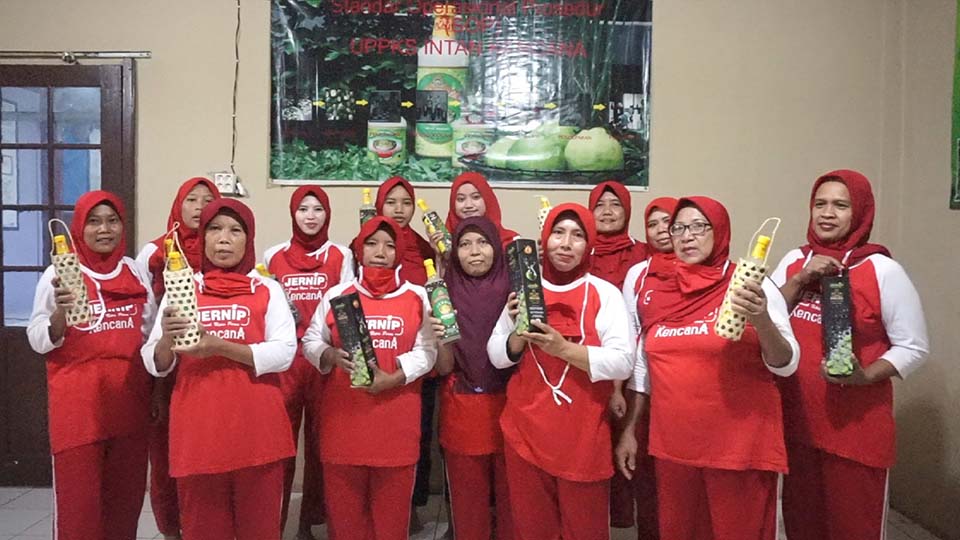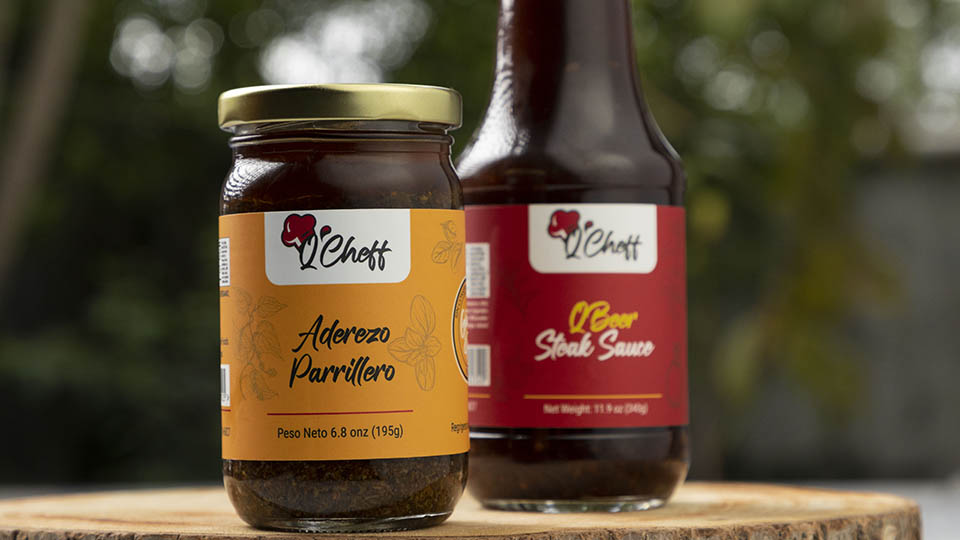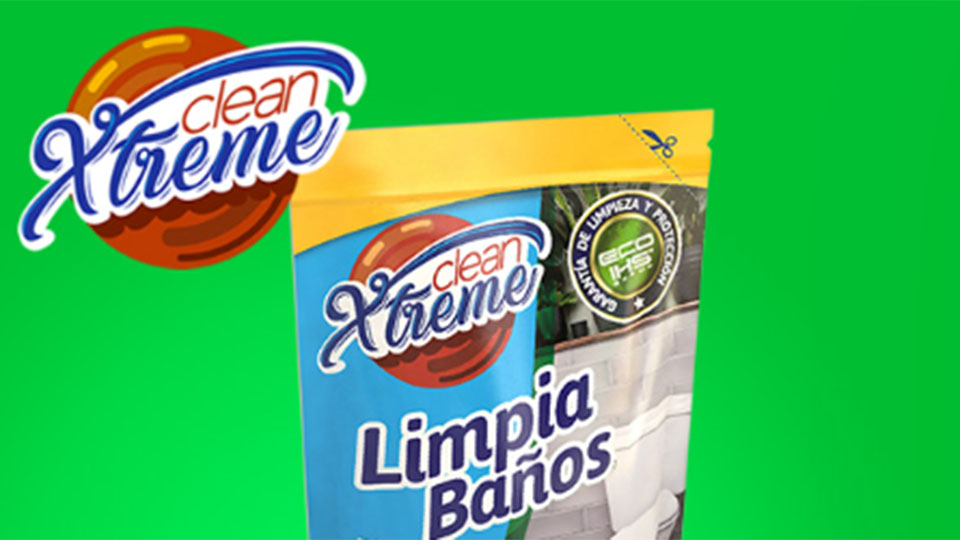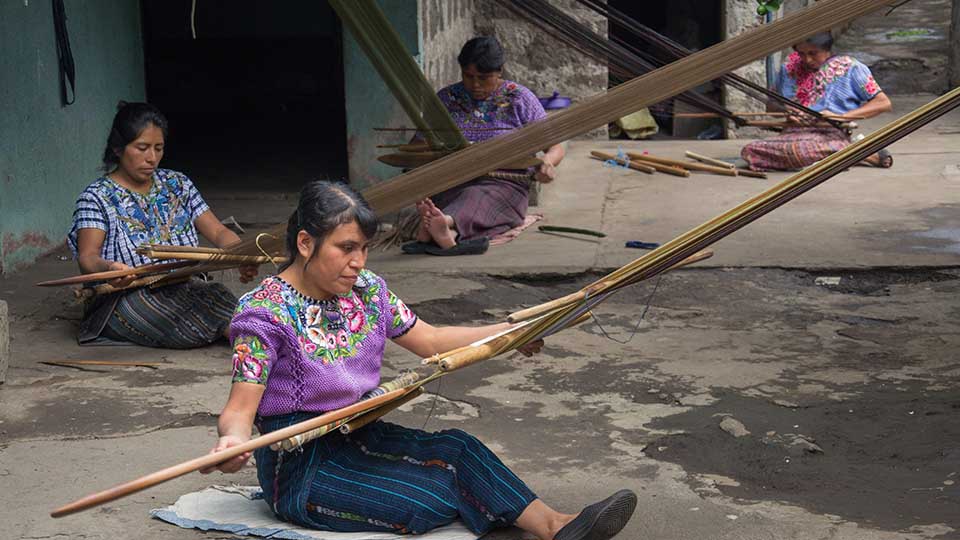The simple IP at the heart of Moldova’s recycling revolution
For most of us, recycling is a simple and effective way to help the Earth. By spending just a few moments to sort our waste, we save energy, reduce greenhouse gas emissions and conserve our planet’s dwindling natural resources. We might even save money: recycled materials are often cheaper than their newly-created equivalents.
For the companies that take away and process our household waste, however, transforming refuse into high-quality raw materials is a complex and technically challenging process. Items need to be collected and cleaned, sorted and separated, processed and packaged. The work must be quick and efficient to keep pace with growing demand, but also meet the industry’s stringent quality controls: a mistake in any one of these processes could result in contaminated or sub-standard products destined for rejection by manufacturers.
Landfill waste disposal - ‘An ecological catastrophe’
These challenges are even more pronounced for ABS Recycling, a company based in the Moldovan capital of Chisinau. Working in a country where recycling isn’t yet commonplace, this business is not only building Chisinau’s recycling infrastructure from scratch, but pioneering an entirely new mindset regarding waste management and environmental protection. ‘In Moldova, most of our waste goes to landfill,’ explains Irina Balica, Business Development Manager at ABS Recycling. ‘This is an ecological catastrophe, and it needs to change.’
Fortunately, as the operator of the country’s first integrated waste management system, ABS Recycling is now bringing about this change. Reaching this stage has required plenty of ambition and hard work – and a surprisingly simple piece of intellectual property (IP) that is now registered so that ABS Recycling can enjoy the advantages that IP provides.

ABS Recycling - Moldova’s first recycling centre
Sparking a recycling revolution
The company’s journey began in 2006, when it opened Moldova’s first plastic recycling plant in the village of Peresecina, 30 kilometers north of Chisinau. Today, this flagship facility is still the largest of its kind in the country, with 60 staff recycling 400 tons of plastic every year. When it first opened, however, the lack of selective waste collection in Chisinau, coupled with legal restrictions on plastic imports, meant that ABS Recycling struggled to acquire enough plastic to make the plant a viable business.
With city authorities showing no interest in changing their landfill-based system of waste management, Irina and the team at ABS Recycling knew they would have to start collecting their own waste. ‘The local authorities weren’t ready to integrate such a waste management system,’ recalls Irina. ‘So we decided to work directly with people.’ This was no small decision: in effect, it meant establishing the country’s first integrated recycling system.
By 2008 ABS Recycling had introduced public recycling bins for plastic around the capital. They also bought a truck and hired a team of people to collect the waste from these bins. Finding that many Moldovans were happy to recycle once given the opportunity, the company decided to expand operations and start collecting waste directly from Chisinau’s homes. In 2016 it opened the country’s first solid waste sorting station in Chisinau, capable of preparing 500 tons of refuse for recycling each day. By early 2021 the company had even purchased its own fleet of 15 waste collection trucks.

Automatic Waste Segregation
Investing in automation
These pioneering moves brought new obstacles, however. The lack of existing recycling infrastructure in Moldova means that ABS Recycling’s trucks collect unsorted household waste. Its sorting station therefore has the difficult task of separating and categorizing this assorted refuse into 12 reusable components, including wood, paper, aluminium, glass and various plastics. Unwanted or unrecyclable material, such as organic waste and single use plastic, must also be discarded to avoid contaminating the sorted materials. Manual sorting alone would never keep up with Chisinau’s waste.
Knowing that they would have to automate the sorting process where feasible, Irina and her colleagues invested in sorting machines, which use an array of sensors to quickly and reliably distinguish and separate different types of waste. ‘We bought sorting machines from Germany and Austria,’ explains Irina. ‘But in these countries, where recycling infrastructure is more established and organized, the machines and the software they run on are designed to deal with waste that has already been sorted into broad categories, like glass and plastic. They’re not programmed to sort the mixed waste we work with in Moldova.’
ABS Recycling’s Waste Management Software
Teaching machines Moldovan
To overcome this problem, ABS Recycling hired a Moldovan IT company, Orcolia-Lux, to create bespoke software for their sorting machines. The software provides new, ‘Moldovan’ parameters for the machines, allowing them to cope with Chisinau’s unique waste morphology. Importantly, it also allows for the centralized monitoring and management of the sorting process, enabling the company's technicians to check for any possible problems in the sorting system from a single interface. Should a problem arise – for example, if unsorted or wet waste gets stuck in a machine – ABS Recycling’s unique software enables technicians to locate the problem and either stop or adjust the sorting process in response.
Thanks to this software, which is a trade secret of ABS Recycling, the company has been able to semi-automate its sorting process, saving time and money while improving speed and efficiency. In addition to the 400 tons of recycled plastic produced annually by its Peresecina plant, the business is now able to sort and prepare 300 tons of metal, 500 tons of wood, 1,000 tons of glass and 1,200 tons of paper each year. These prepared materials are then compacted into bales and transported to recycling facilities in Moldova and across the European Union.
It may lack the complexity of some state-of-the-art recycling facilities, but ABS Recycling’s simple and effective software is the IP at the heart of Moldova’s recycling revolution.

ABS Recycling Expansion
Towards a circular economy
Owing to the customized nature of its software, and the relative scarcity of recycling businesses in Moldova, ABS Recycling is in the fortunate position of not needing to protect its IP too strenuously. It does, however, intend to expand its digital IP as it prepares to increase production in the coming years. The planned addition of three new sorting lines at their sorting station will mean that their software will either need updating or replacing in order to deal with the greater quantity of waste that will be handled. A fully automatic process for sorting glass by color, due to be installed at the end of 2021, will also need additional software to guide the machine’s optical sorting process.
For Irina and her colleagues at ABS Recycling, these planned expansions are not only good for business, but good for the planet. Since the company was founded 15 years ago, it has installed 1,500 recycling containers for plastic, glass and paper throughout Chisinau, recycled 10,000 tons of waste and sorted another 10,000 tons. Together, this has prevented 17,000 tons of CO2 from being released into the atmosphere. Since 2017, ABS Recycling has successfully sorted and recycled two fifths of Chisinau’s municipal waste – waste that would otherwise have headed straight to landfill.
ABS Recycling’s commitment to Sustainable Development Goals

These efforts directly contribute to the United Nation’s Sustainable Development Goal (SDG) 13, which urges action to combat climate change and its impact. ABS Recycling also directly supports SGDs 9 and 11, which together call for resilient infrastructure and sustainable communities.
As Moldova’s recycling pioneer, the company also takes a keen interest in promoting the benefits of sustainable waste management – both environmental and economic. It organizes tours of its sorting station, teaches the importance of recycling in schools, and has even built a museum entirely out of recyclable materials.
‘Through this work we are creating, step by step, a circular economy in Moldova,’ says Irina. ‘Ultimately, we hope to end the ecological catastrophe caused by our overreliance on landfill.’ As ABS Recycling takes the next steps needed to achieve this vision, its simple yet effective digital IP will remain at the center of its endeavors.



